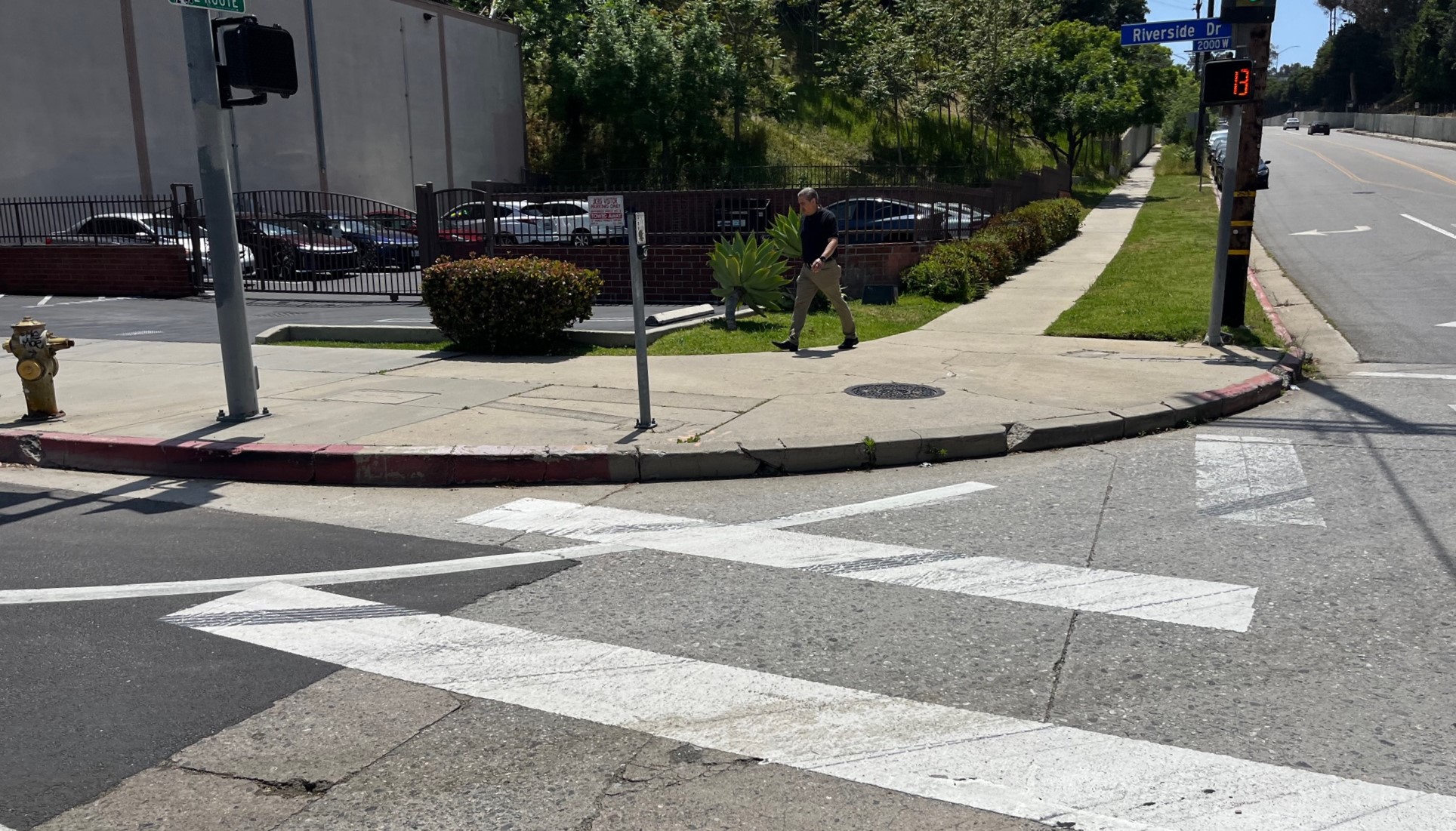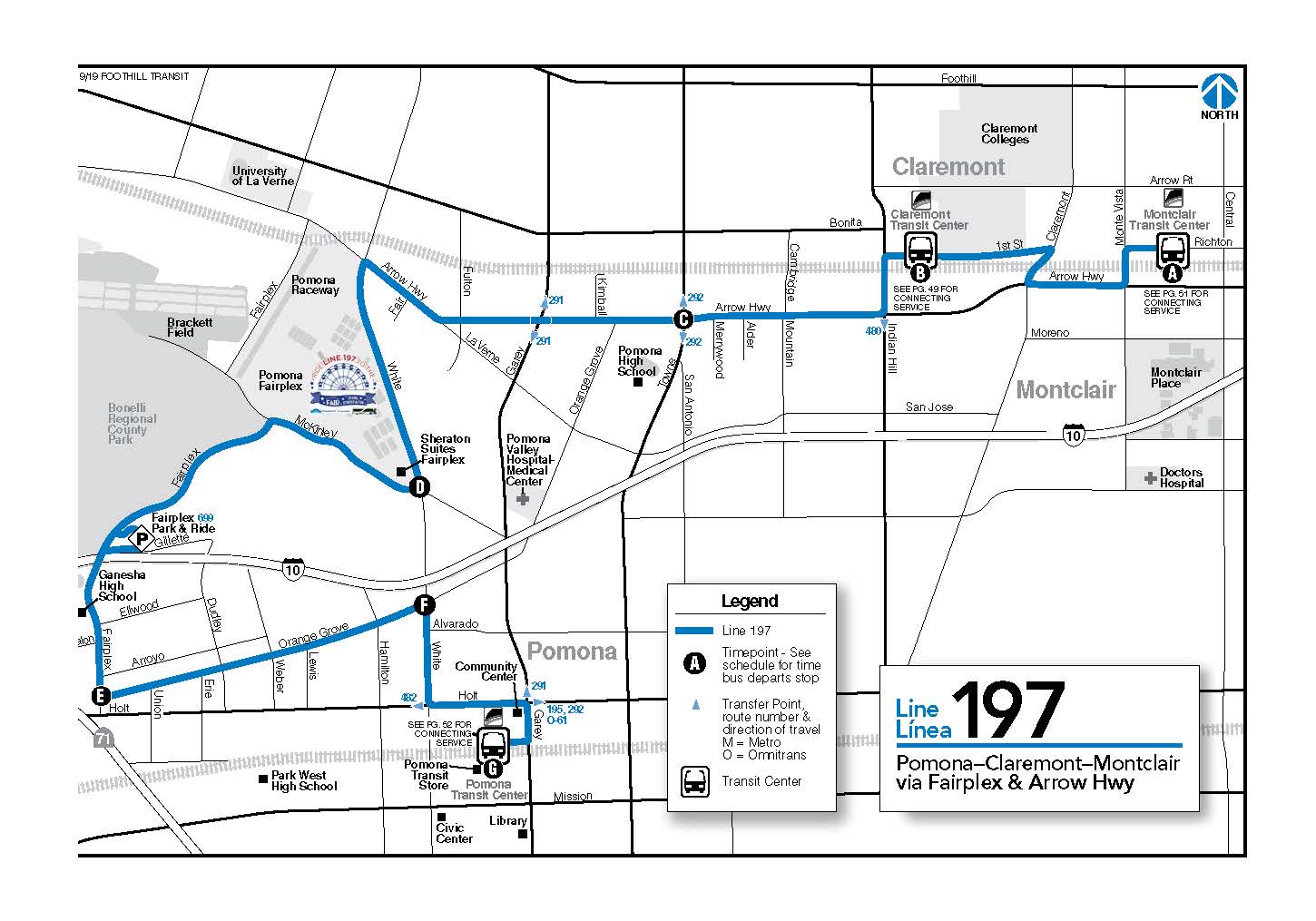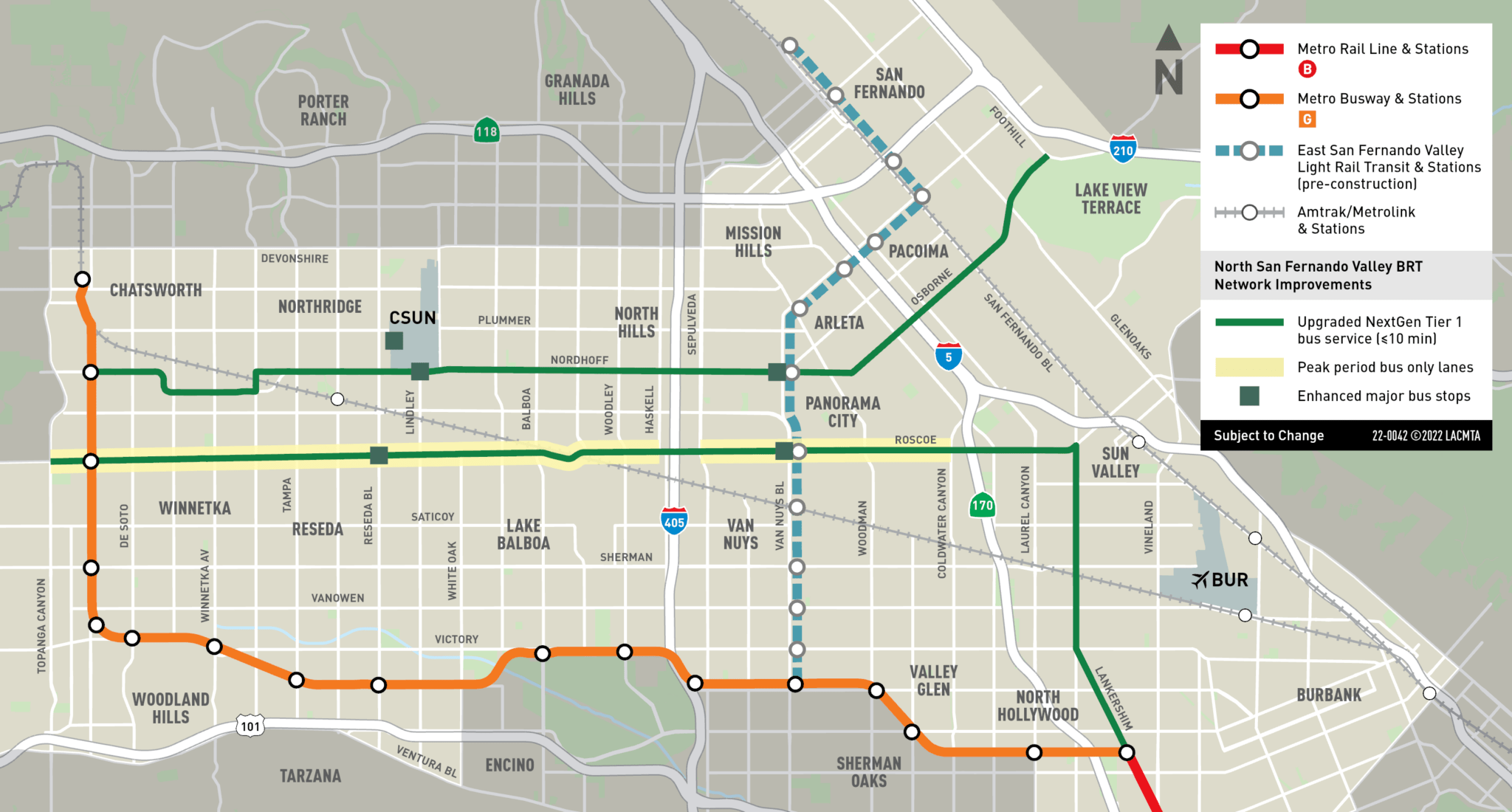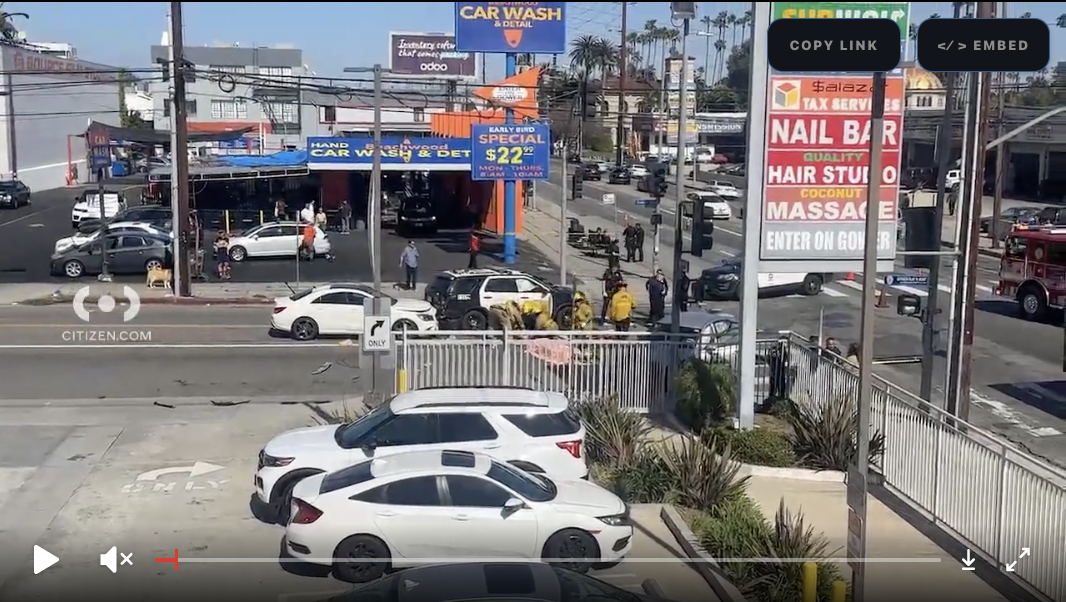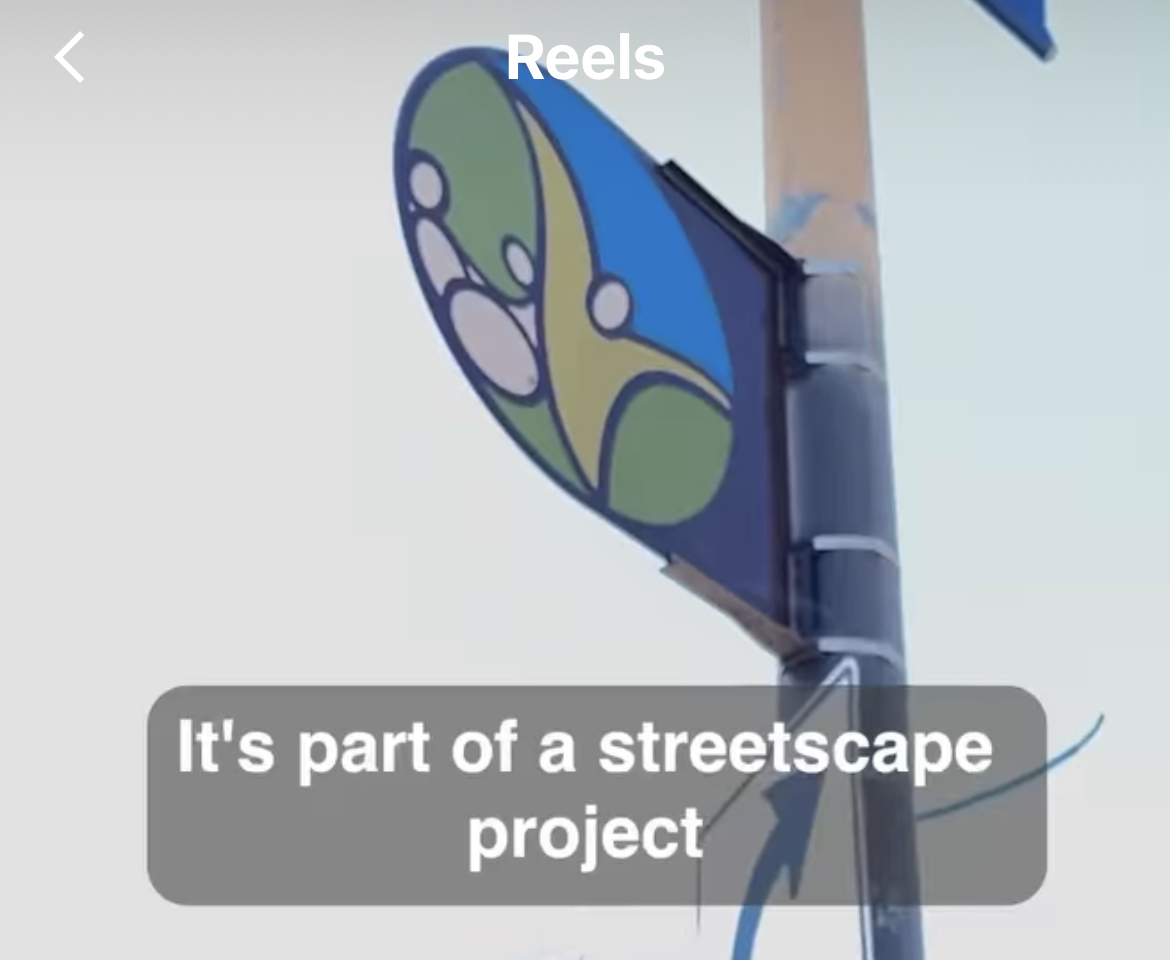Metro Fareless Pilot Could Start August 2021, Initially for Students
1:01 PM PDT on April 21, 2021
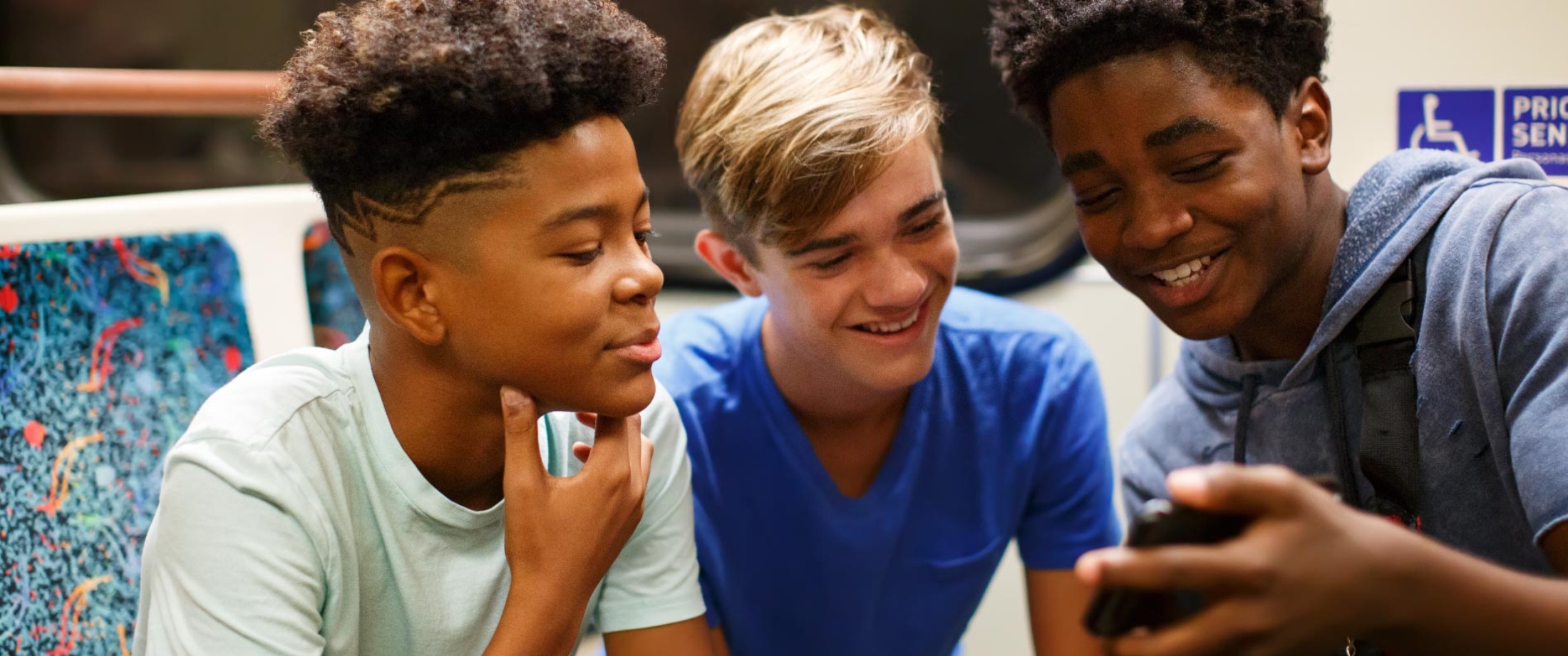
Enrolled students ride free on Metro starting October 1. Photo via Metro student pass webpage
Metro's fareless transit initiative has been a moving target, with many changes to its proposed scope and schedule. Fareless has strong support from several Metro board members, Metro staff, transit advocates, and the public, but many of these folks are supporting different versions of the proposed program.
Metro is near-uniquely well-suited to make fareless transit work. Metro revenue is predominantly from sales taxes, with fares representing less than ten percent of agency revenues in recent years. According to CEO Phil Washington's testimony at last week's Executive Management Committee meeting, Metro typically collected $230-240 million in gross fare revenue (pre-COVID) while spending $70 million to collect that revenue.
For many years, public transit advocates, starting with the Bus Riders Union, have been pressing Metro to provide transit for free. Alliance for Community Transit (ACT-LA) Advocacy Manager Alfonso Directo notes that, for the past year of the COVID pandemic, Metro has essentially already been operating a "universal fareless pilot program" on all of its buses.
A point of contention now is that Metro's fareless pilot is proposing to pare its current universal fareless state back to a means-tested version that applies to only certain riders, mainly students and low-income.
Strategic Actions for a Just Economy (SAJE) Community Organizer Oscar Zarate states that "a truly equitable fareless initiative that centered on the material conditions of many of the system's riders would be universal." Both Directo and Zarate are critical of the challenges of enrolling low-income riders for a fareless pilot. Directo notes that "a means-tested fareless transit pilot feels like a step back for many community members who have been riding the buses fare-free during the pandemic."
Metro has discounted fare programs for low-income, student, and senior riders, but relatively cumbersome enrollment processes has kept enrollment in these programs fairly low. According to Metro's 2019 data, approximately 70 percent of Metro riders could qualify for the agency's low-income fare program - called LIFE (for Low-Income Fare is Easy). LIFE enrollment is currently only around 79,000 participants - around 40 percent of Metro's 200,000+ core frequent riders. Metro estimates that 1.6 million L.A. County residents are eligible for LIFE.
In addition to helping riders save money, free transit would reduce the opportunities for problematic interactions with law enforcement. Though Metro has enlisted Transit Security Officers to perform fare checks and create a buffer between riders and armed officers, Metro has a history of over-policing communities of color for fare evasion. In one incident, Long Beach Police detained César Rodríguez for fare evasion, and then got into an altercation with him near the edge of the A Line platform, leading to Rodríguez being crushed to death by an incoming train.
Fareless proposals are on the agenda to be discussed at tomorrow's Metro board meeting. But in contrast to what ACT-LA, SAJE, and others have called for, the fareless pilot Metro staff are recommending is not universal. ACT-LA's action alert for tomorrow therefore encourages Angelenos to push Metro "to run a fully fareless transit system with no means testing," emphasizing that the program is important for a just recovery as the "pandemic's financial toll is hitting Metro's riders especially hard."
Public transit is a public good that riders already pay for w regressive taxes and time. @metrolosangeles riders need fully fareless transit with no means testing for a just recovery.
— ACT-LA (@All4Transit) April 21, 2021
📢 https://t.co/XGpbq5TGqn by 5p today & Th 4/22 at 10am!#PeoplesTransit#FarelessTransit pic.twitter.com/4ayIQfk0k6
When Washington first announced the agency's fareless transit initiative in September 2020, the program was due to start in early 2021, as post-pandemic ridership was expected to rebound. Advocates were disappointed that, coming at the same time as 20 percent transit service cuts, the free transit announcement appeared to be "a sideshow to distract from bad news about shrinking service."
In February 2021, Washington announced very different parameters for fareless transit. Two months ago, the initiative had morphed into an 18-month pilot to begin in January 2022. Initially for low-income riders, then adding K-12 students in August 2022. Washington announced he was seeking federal funding to cover an anticipated $300+million pilot budget. Washington anticipated the new proposal would come to the board for approval in May.
Though a fareless initiative has support on the Metro board, some boardmembers have expressed skepticism - mainly questioning how the agency would pay for the program. Supportive and skeptical boardmembers joined to approve a March 2021 motion to further study a fareless pilot, including impacts on Municipal Bus Agencies (Munis), and provide further recommendations for implementing a fareless pilot.
Munis, more dependent on fares than Metro, have expressed concerns about how a fareless program could work. Though there does not appear to be an immediate direct impact to Muni funding initially, a fareless initiative could lead to increased Metro ridership perhaps leading to increasing Metro service, which could lead to a somewhat reduced piece of county operations funding pie going to Munis. Though Metro carries the lion's share of the county's transit riders and its low-income riders, subsidizing Metro riders differently than Muni riders is seen as unfair to Muni riders, many of whom are low-income. There could also be some rider confusion and frustration if Metro is running fare-free transit while Munis continue to charge fares.
Foothill Transit CEO Doran Barnes believes that a Metro fareless pilot would likely be popular, but unsustainable if an ongoing funding source isn't identified. Barnes notes that making transit free would likely entail some trade-offs.
Metro could end up running somewhat less service when it operates fareless. Depending on how Metro structures its pilot, the agency could end up supporting some deserving populations over other deserving ones; focusing assistance on students could emphasize them over low-income riders, people with disabilities, or seniors. Metro could choose to incorporate some or all Munis into its pilot, or not.
Another aspect of Metro's fareless pilot being debated is how the program would incorporate students.
In January 2020, the Metro board approved a motion seeking to provide free transit for LAUSD K-12 students. At the time, the board also moved to study including other school districts and community college students. That nascent push for students to ride free was put on hold during the pandemic.
Last week, Metro's Executive Management Committee received an extensive staff report (summarized in this presentation) on how a Metro fareless pilot could work. Metro's staff recommendations do not currently include the universal program as urged by ACT-LA and SAJE, but omit fares for means-tested low-income and student riders.
What was perhaps most newsworthy in last week's presentation was a new scenario that moves the start of the student fareless pilot up one year. As recently as February, plans to let students ride for free were not scheduled to launch until August 2022 (after low-income riders in January 2022). Now proposed, and enthusiastically supported by Board Chair Eric Garcetti, is a potential start date of August 2021 for students, with low-income riders still January 2022.
At last week's meeting, Garcetti described Metro's fareless pilot as, "We will jump in the water before we know whether we can swim the whole way. We can't just stay on the banks either and assume that one day [other] people say 'the water is nice come on in.'" Garcetti expressed his support for the earlier start date for the fareless pilot that would include both K-12 students and community college students. Washington clarified that the vision was to include all K-12 students countywide, not just LAUSD.
The staff report identifies some one-time funding sources that could be used for a fareless pilot staring in FY21-22 and ending in FY22-23. Short-term funding would come from a mix of cost-cutting measures: reducing bus and rail unit cost from cleaning contracts, slowing MicroTransit pilot expansion, retooling state of good repair cash flow, and more.
In the future, Metro could utilize some advertising revenue, seek federal funding (assuming proposed new legislation passes), and/or utilize revenue from a future congestion pricing program (assuming it gets off the ground). Metro is also seeking to negotiate with colleges for some portion of the funding.
A board vote on some form of Metro fareless pilot is anticipated in May.
Stay in touch
Sign up for our free newsletter
More from Streetsblog Los Angeles
No, L.A. City Does Not Always Add Required ADA Ramps During Resurfacing, But They Should
StreetsLA GM Keith Mozee "Any time we do street resurfacing, it is considered an alteration, which requires ADA ramps to be installed."
LAPD Was Crossing Against Red Light in Crash that Killed Pedestrian and Injured Six in Hollywood
The department says the officers had turned on their lights and sirens just before crossing, but won't say why they did so.
